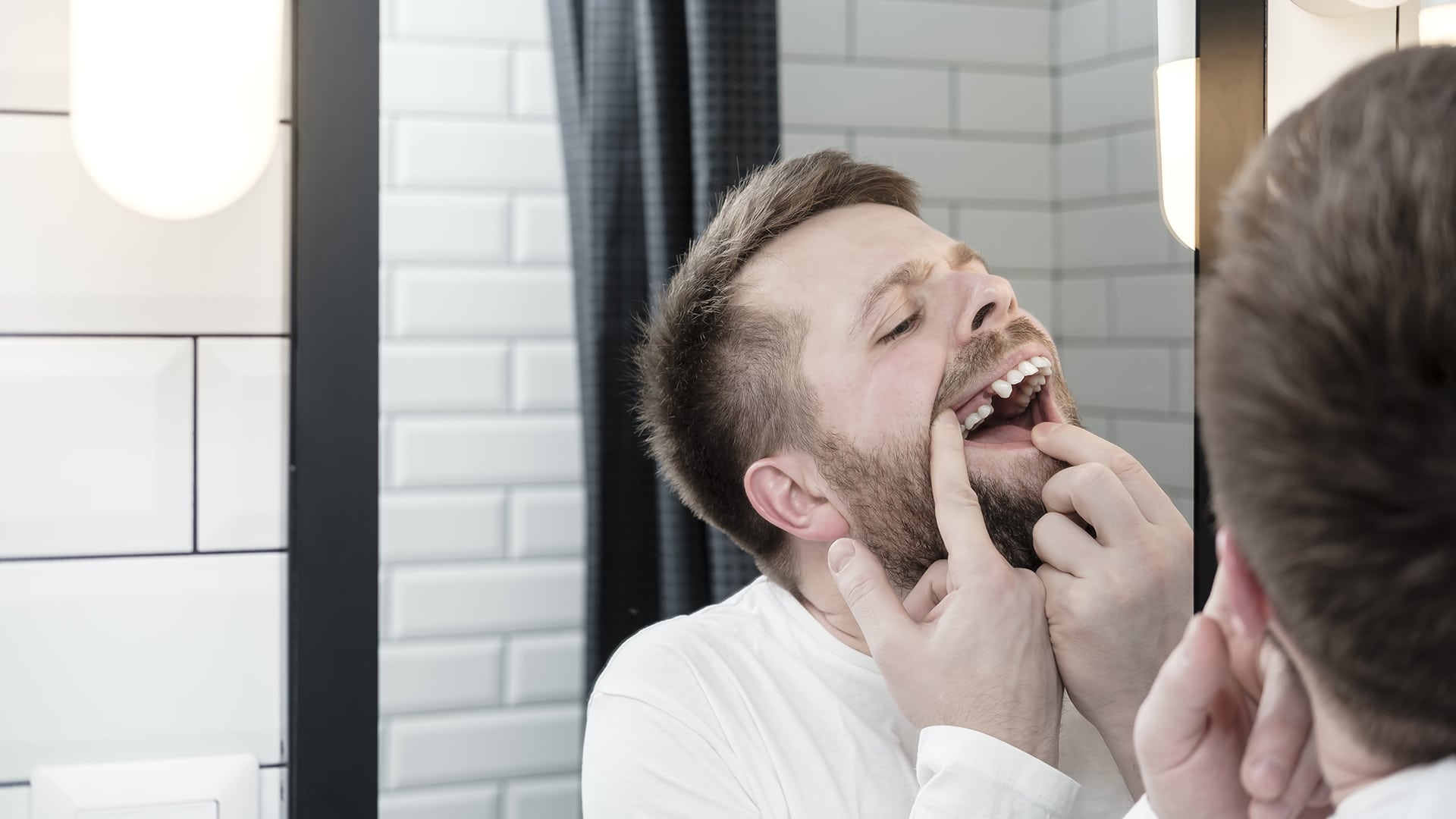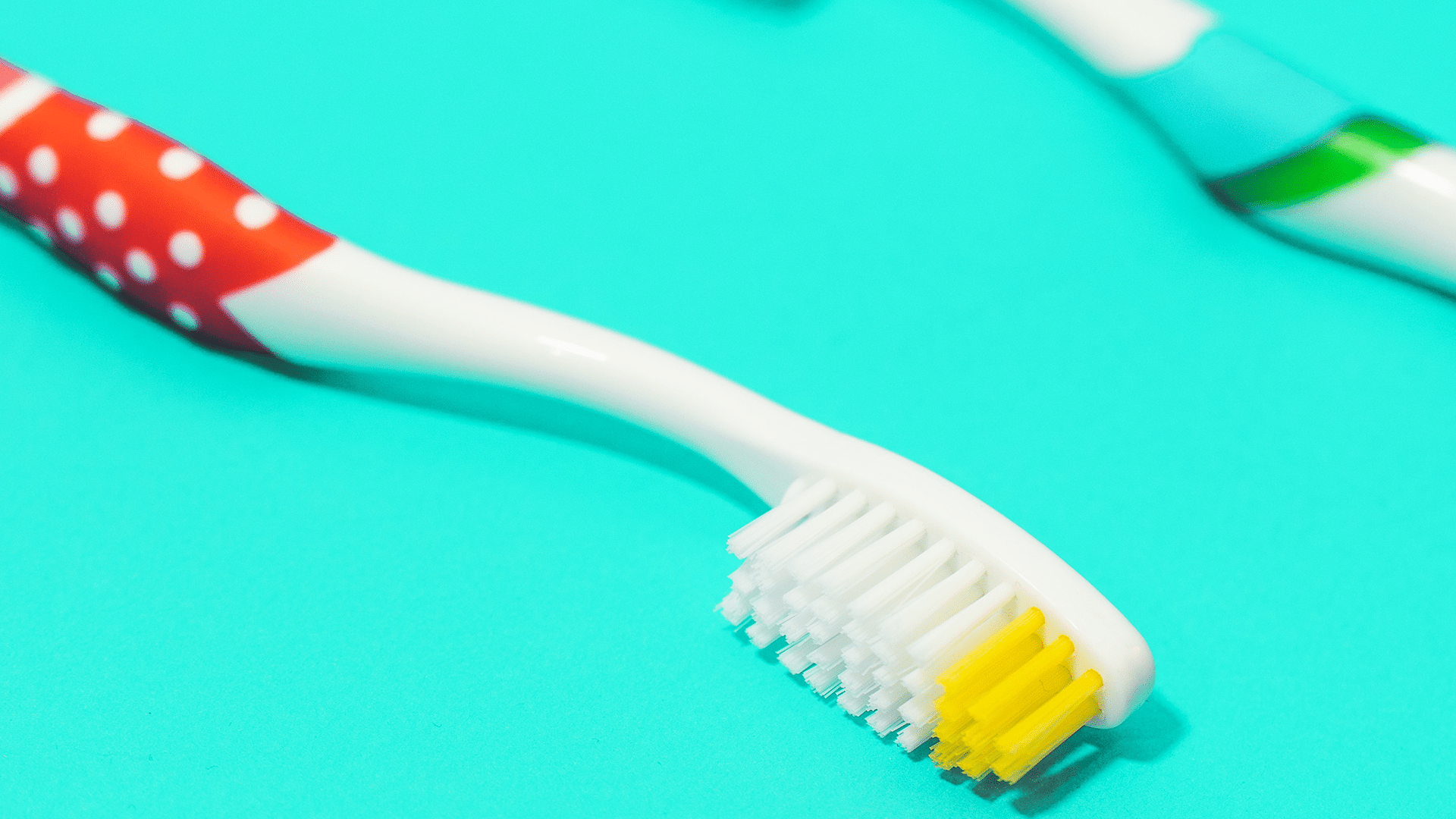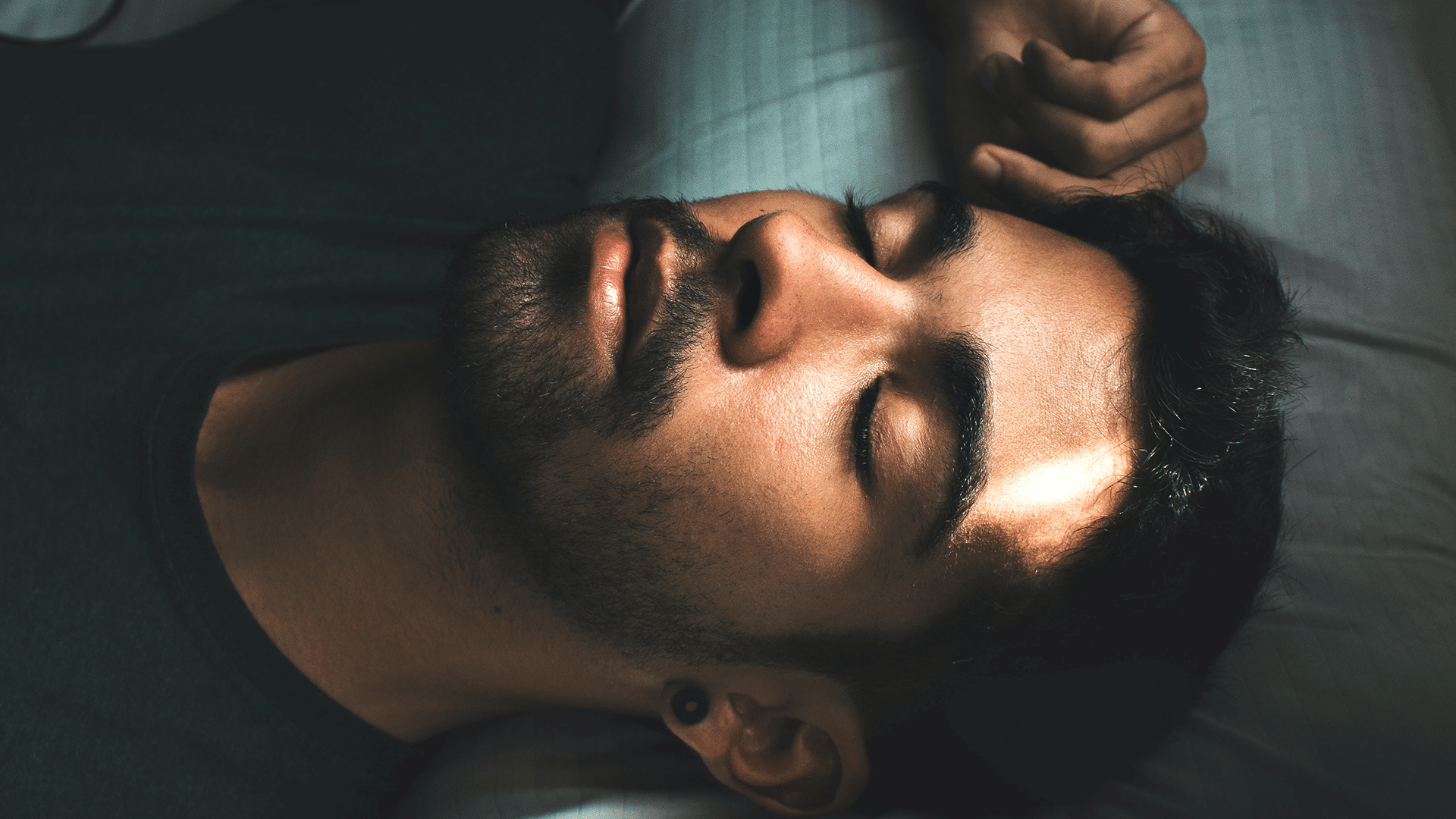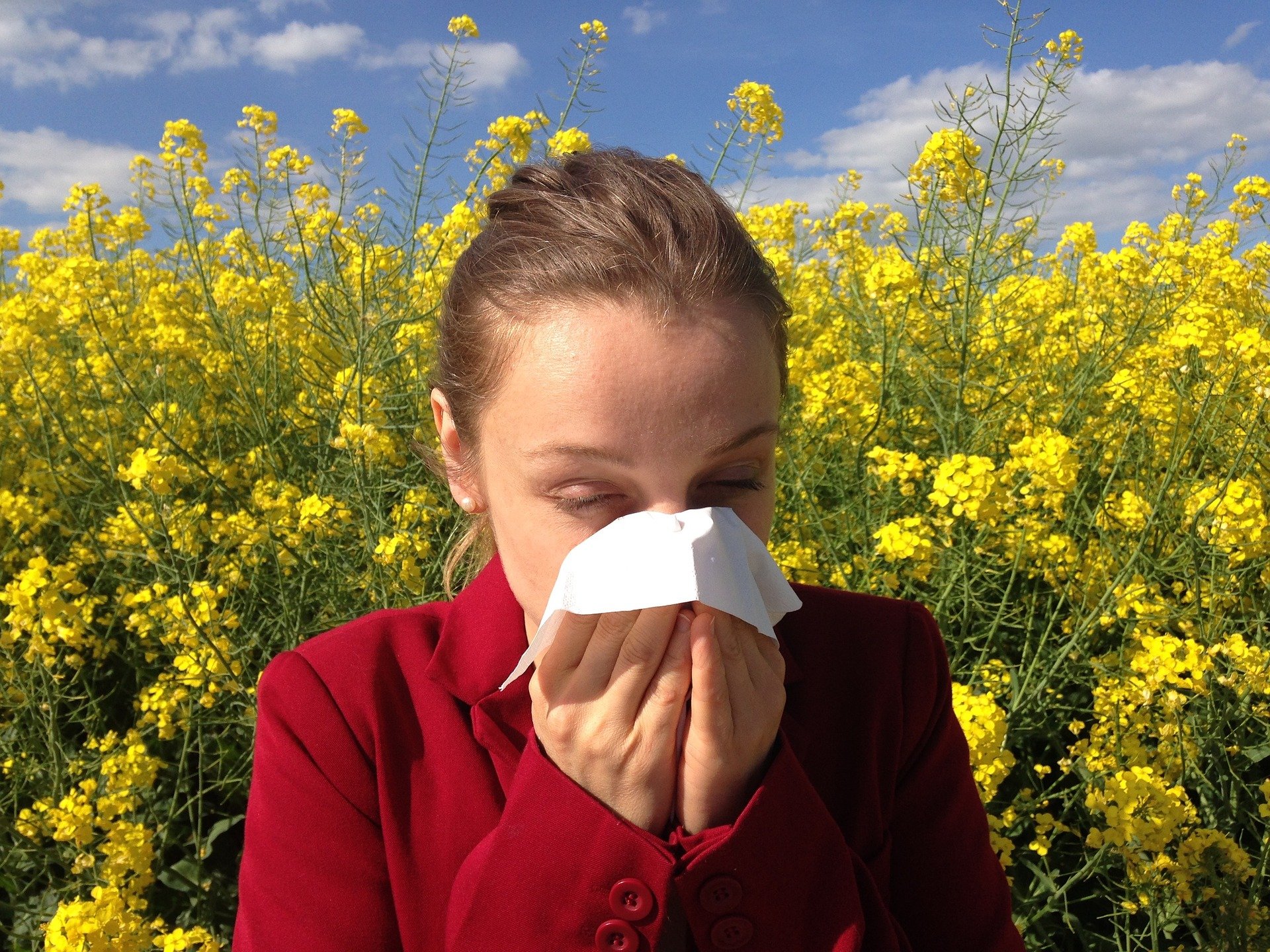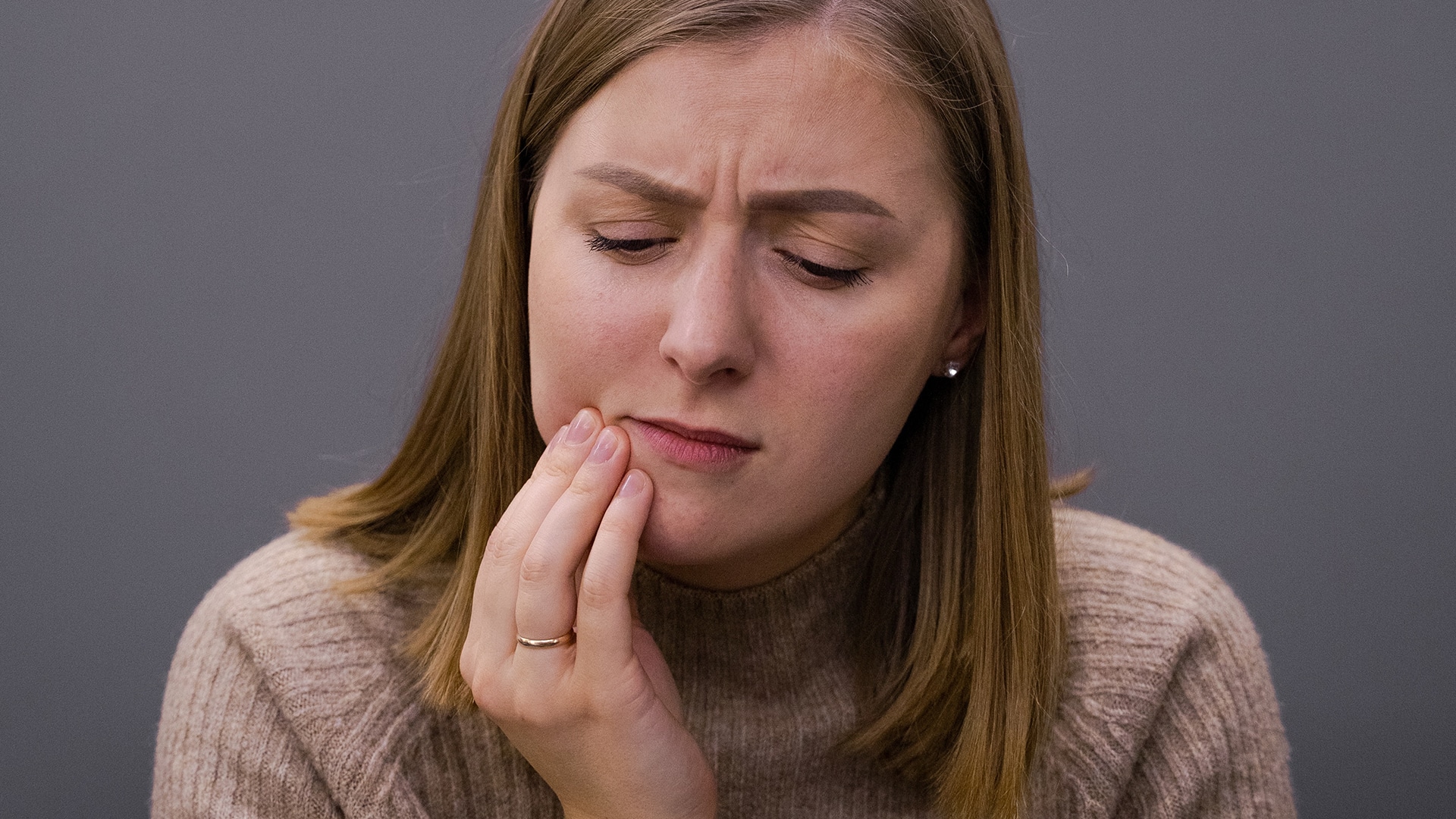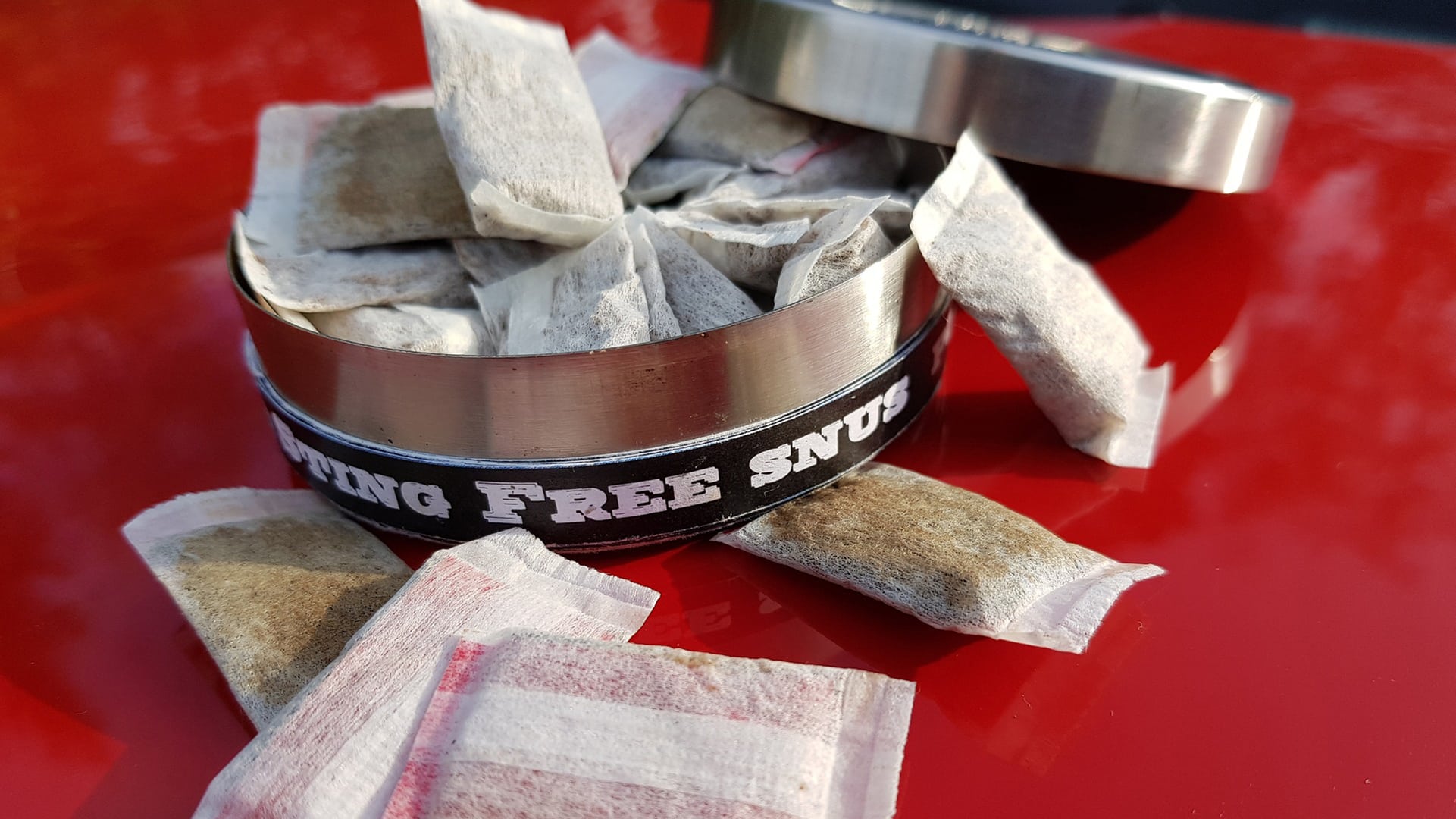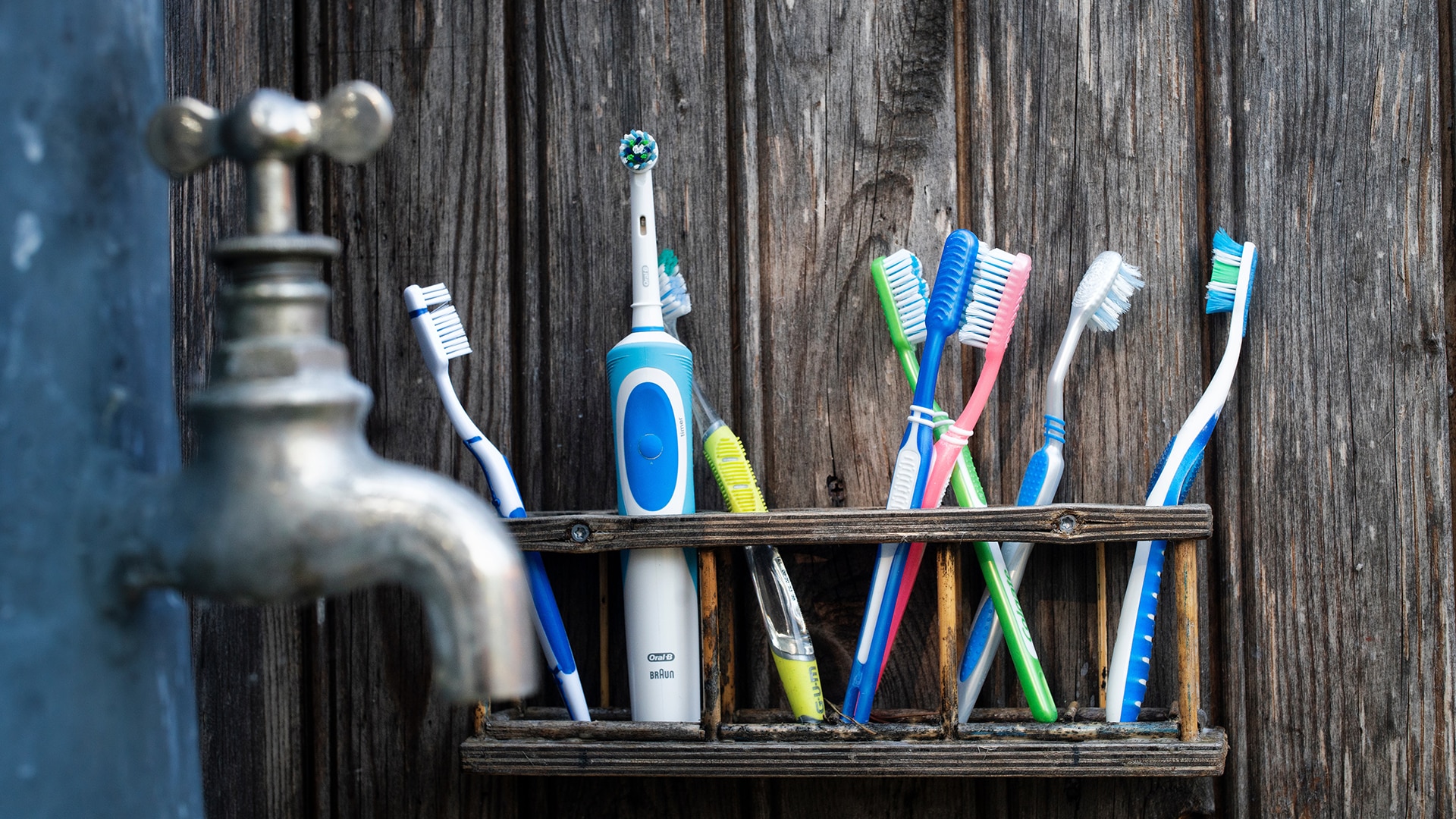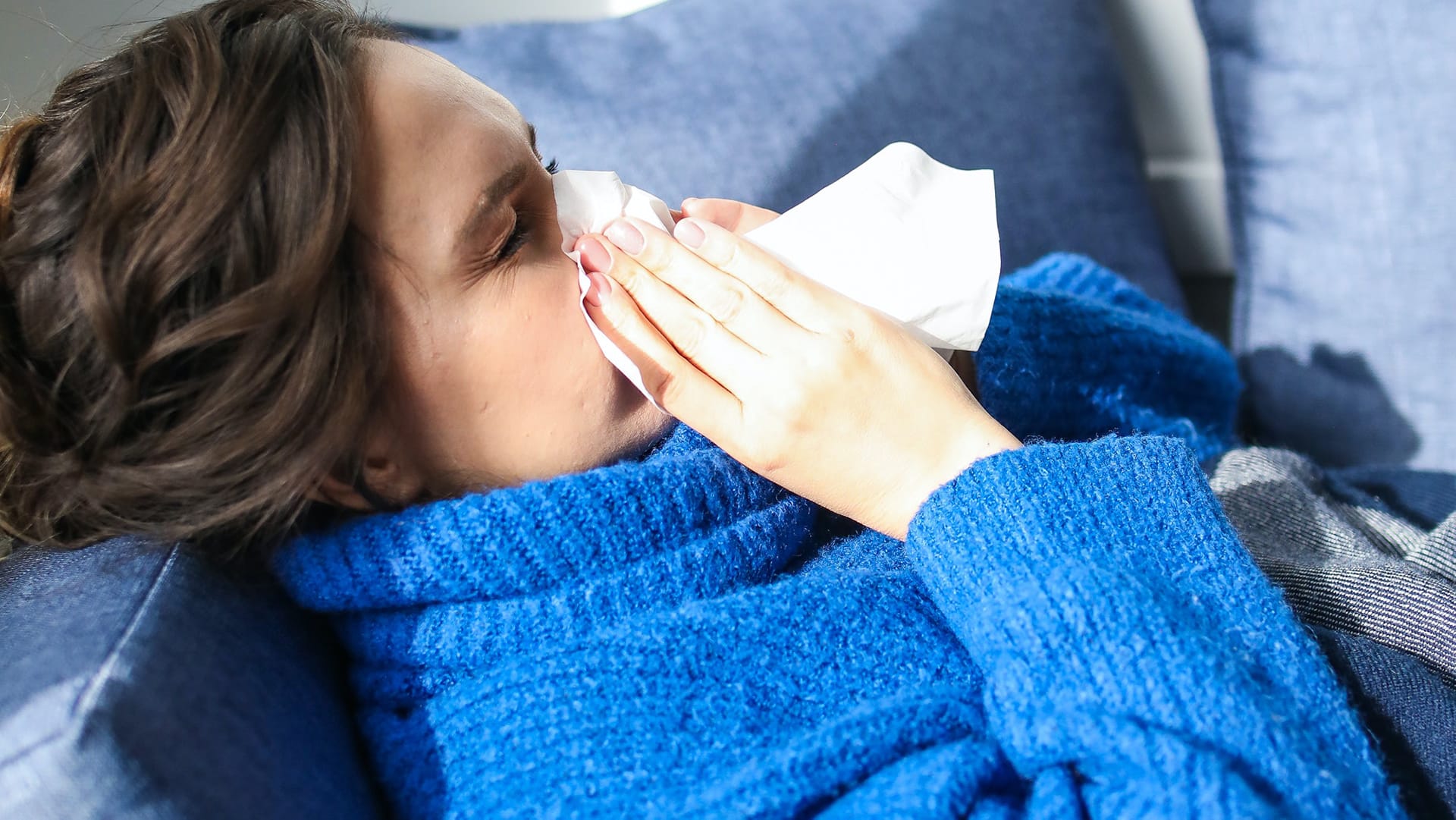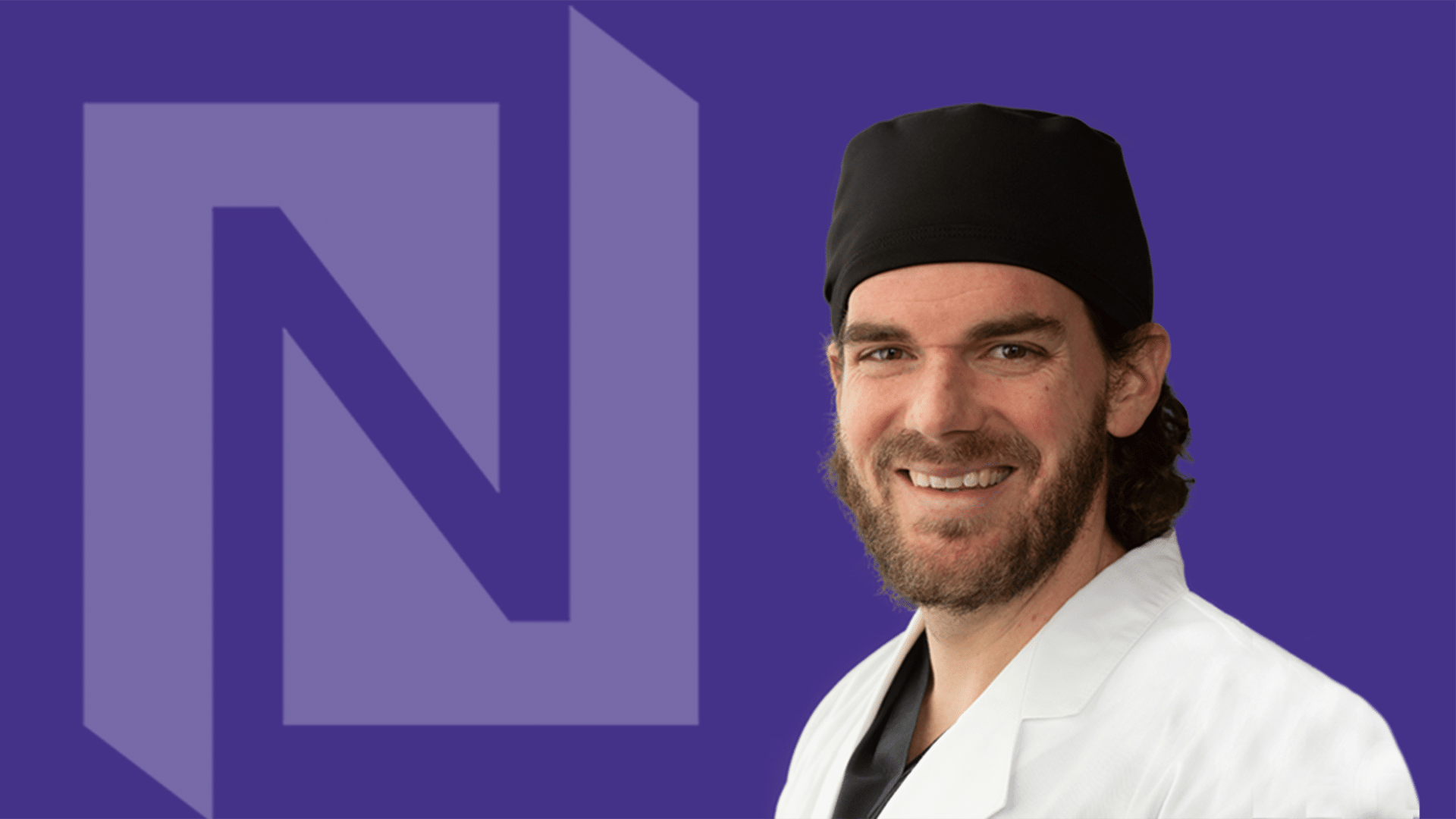Thought you lost a tooth for the last time when you were a kid? It could happen again to your permanent tooth. The percentage of adults that have lost at least one permanent tooth is probably higher than you think. People can lose a tooth well into adulthood for a variety of reasons, ranging from poor oral health habits leading to tooth decay to periodontal disease to getting a tooth knocked out doing a sport or some other physical activity.
Actions You Can Take After A Permanent Tooth Comes Out To Possibly Save Your Tooth
If a permanent tooth has fallen out, there are steps you can take to attempt to save the erupted tooth.
- Hold / Pick Up The Tooth By The Crown – Only hold the tooth by the chewing surface, the part that sticks out and you chew with when the tooth is in your mouth. Touching / holding the tooth by the roots could potentially ruin any chance of being able to save the tooth.
- Sanitize The Tooth – Cleanse your fallen tooth by letting water gently flow over it, ridding it of any debris that may have attached to it. Avoid using any type of cleaning solution.
- Preserve The Tooth – Keep the tooth in a small, clean container filled with milk or saliva.
- Move Quickly → Get To A Dentist ASAP – The Time Window To Save A Tooth Is 30 Minutes. It is possible for them to be saved outside of this time, but the chances start to dramatically diminish after the first 30. Once you have secured the tooth either back in your mouth or in a container, be sure to keep it protected and find the nearest dentist to you offering emergency treatment. You want to choose an emergency dentist over the emergency room because dentists will more readily have the specialization and dental tools available to be able to reattach the tooth.
What Happens Next?
While ideally, your dentist will be able to reattach your knocked tooth, it is not always possible. From there you may be recommended to receive a dental implant or another restorative surgery where the tooth fell out. Dental implants are an increasingly sustainable technology to replace teeth that have fallen or been knocked out. If you have any further questions don’t be afraid to reach out to your local dentist for more information.
Steps To Prevent Your Teeth From Falling Out
A good and consistent oral hygiene routine will lower the chances of a tooth falling out. Brushing every day for 2 minutes 2 times a day and flossing once a day is essential to keeping your mouth in top shape. Taking care of your teeth and gums will keep them strong and prevent extensive and expensive care in the future. While dental trauma related to sports injuries are a little less preventable, you can still help secure and shield your teeth from extensive injuries by wearing a mouthguard.
If you have any questions or concerns please contact our office and we will be happy to help.

